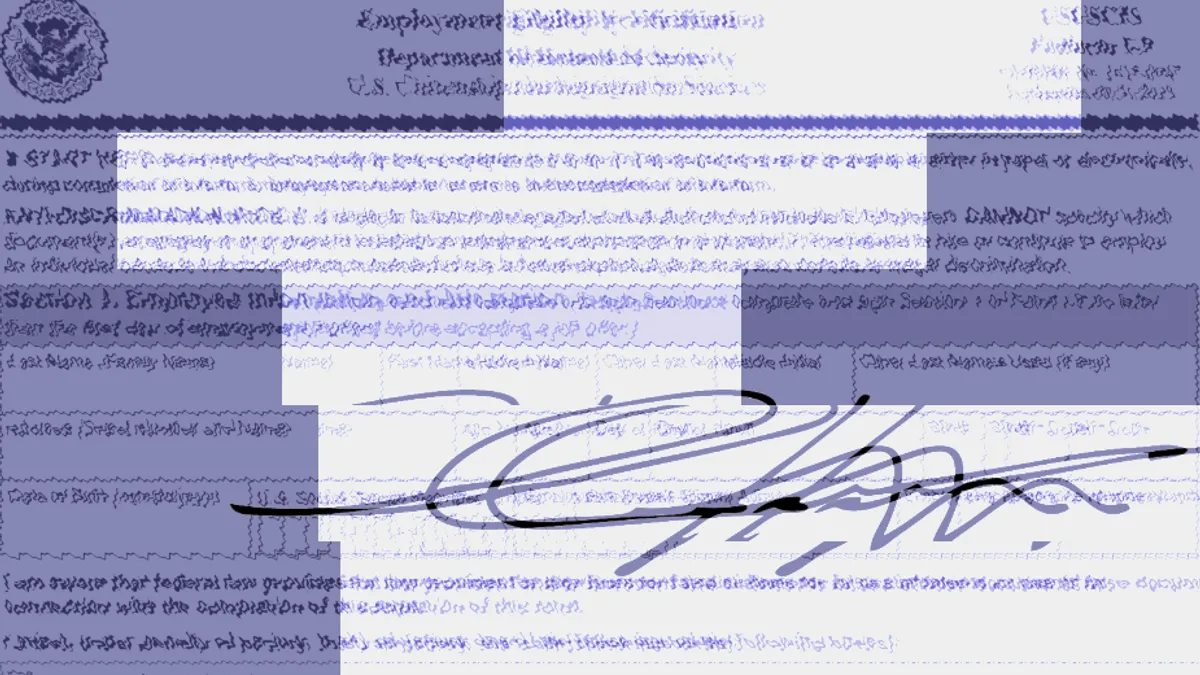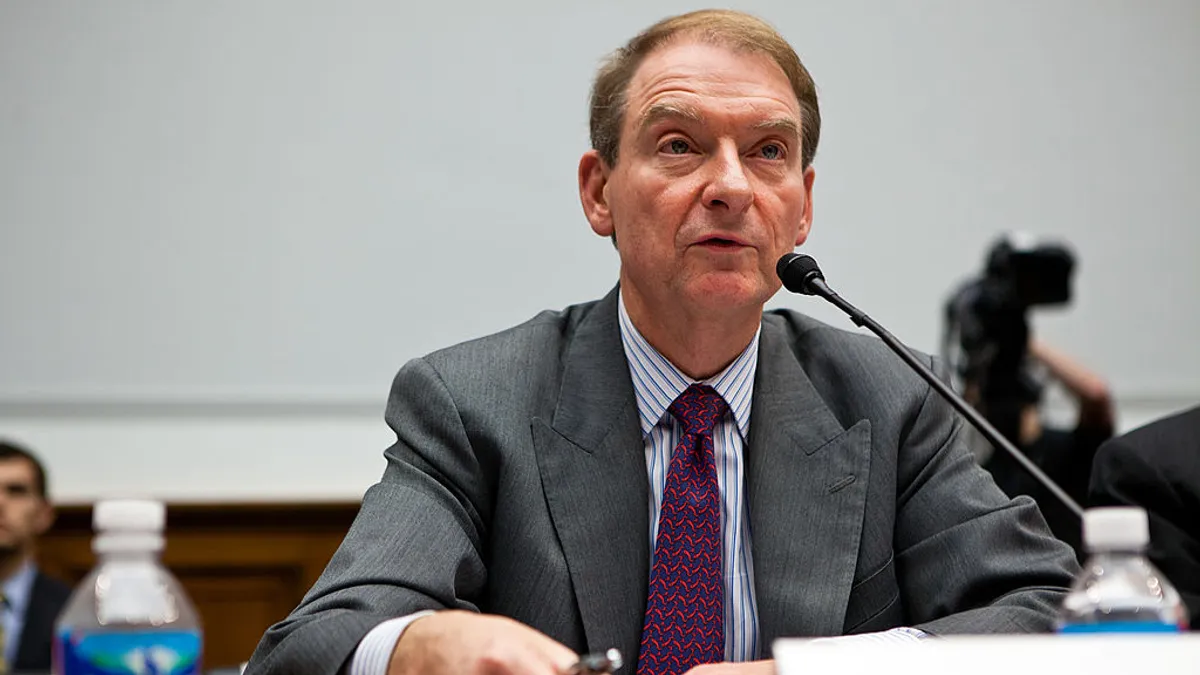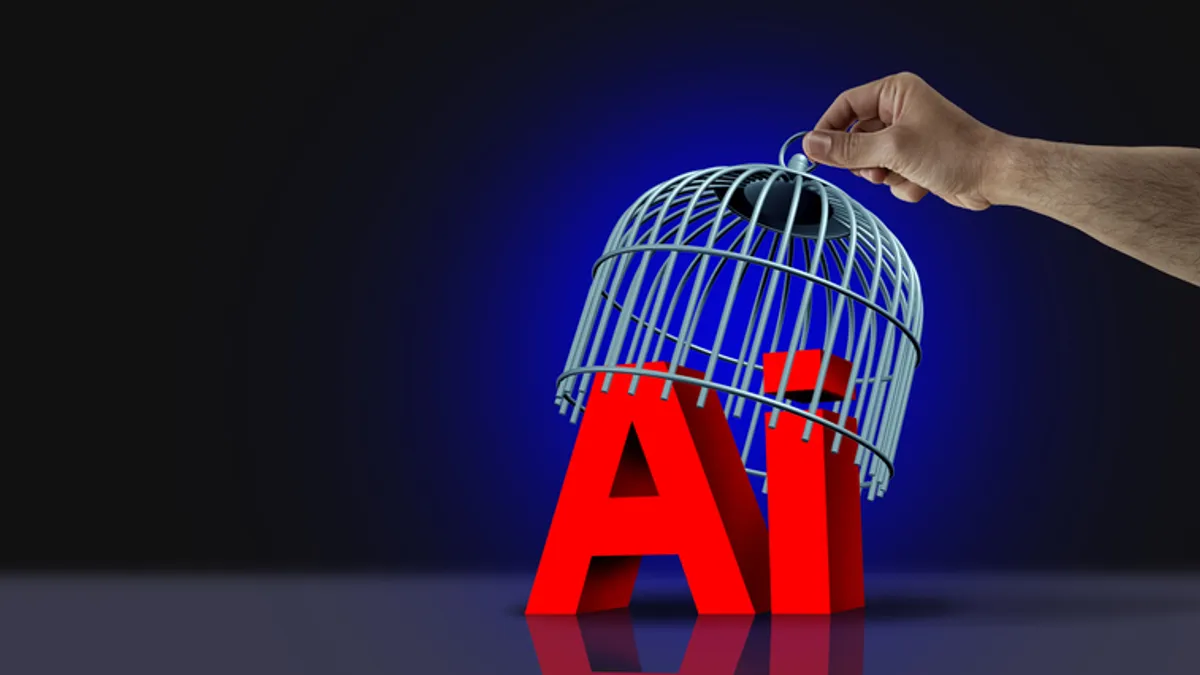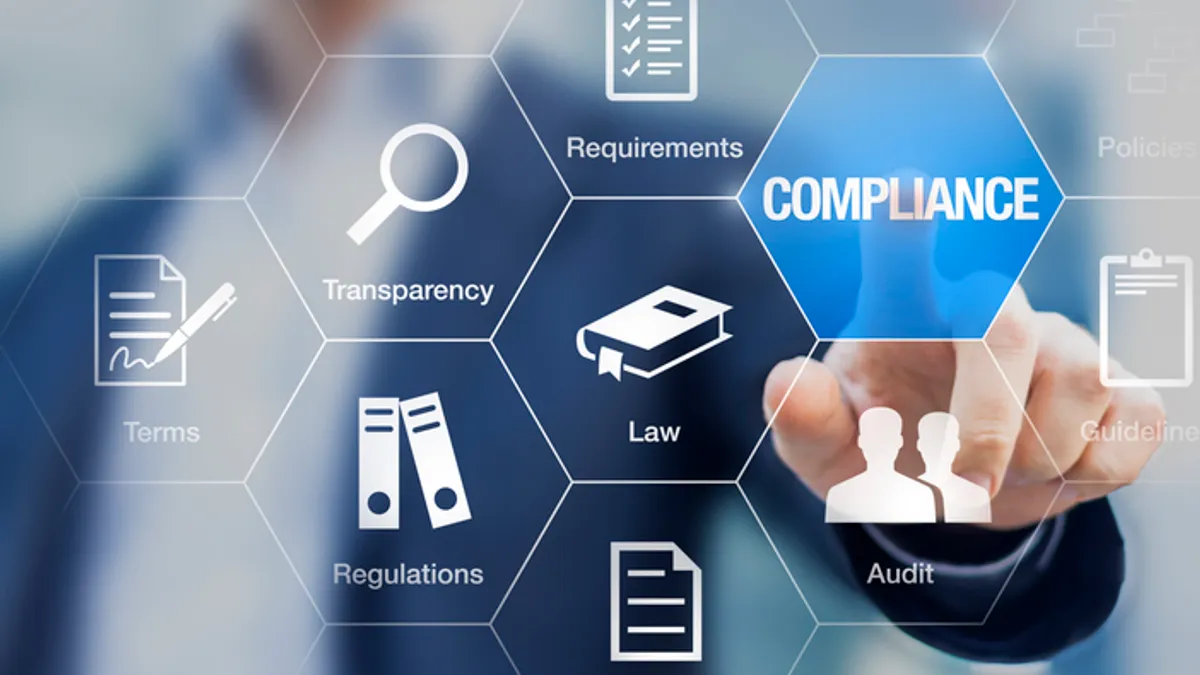More than 200 people have come forward since the Department of Justice in August launched its whistleblower program, the agency’s Principal Associate Deputy Attorney General Marshall Miller said at an Oct. 23 compliance conference.
When it introduced the program in March, the agency said it was hoping whistleblowers would give it a window into corporate criminal conduct, an area that’s largely absent in other federal whistleblower programs, which largely focus on civil violations.
“These [other] programs have proven indispensable — but they resemble a patchwork quilt that doesn’t cover the whole bed,” Lisa Monaco, the deputy attorney general, said when announcing DOJ’s intention to create the program. “They simply don’t address the full range of corporate and financial misconduct that the department prosecutes. So, we are filling these gaps.”
The agency intends to review the program in three years to see if it succeeds in prompting insiders to come forward. If it does, the department will make the program permanent.
It’s part of a broader campaign, launched by Monaco about two years ago, to encourage individuals and companies to come forward voluntarily with information on corporate wrongdoing in exchange for benefits, including prosecution declinations.
In his remarks a few weeks ago, Miller said the campaign is succeeding.
“Early signs indicate these newly consistent and transparent programs are working,” Miller said at the compliance conference, hosted by the New York City Bar Association. “Corporate voluntary self-disclosures to the criminal division are increasing every year, with more than twice as many last year as compared to 2021, [and] in the first few months of the Justice Department’s whistleblower awards program, we’ve already received more than 200 tips.”
As a result of more people and companies coming forward, Miller said, investigators are stepping up their work. “U.S. attorneys’ offices report that individual voluntary self-disclosures have resulted in promising ongoing investigations,” he said.
The 200 or so tips that DOJ has received are a drop in the bucket compared to the federal government’s long standing whistleblower programs. The program administered by the Securities and Exchange Commission, for example, receives thousands of tips a year, totaling some 80,000 tips since the agency started accepting them in 2010, according to a 2023 SEC report.
That SEC program is the federal government’s most successful by far, but it only covers civil cases involving publicly traded companies. Other programs are operated by the IRS and the Financial Industry Regulatory Authority, among other agencies, and these programs have their own limitations in scope.
Critics aren’t expecting DOJ’s program to grow much; it’s hampered by self-inflicted wounds, they’ve said, starting with its focus on criminal misconduct. Unlike with civil cases, defendants in criminal cases have a robust right to obtain the identity of whistleblowers to ensure the motivation of people who come forward isn’t tainted by the high-dollar awards available.
“When you’re dealing with somebody who stands to make millions of dollars [from a whistleblower award] it’s significantly undermining the … value of the witness, if they stand to benefit in the way DOJ is suggesting,” Ephraim (“Fry”) Wernick, a partner with Vinson & Elkins, told Legal Dive when the program was announced.
In its material talking about the program, DOJ says it’s important to protect the identity of whistleblowers, but it won’t promise it will do so.
“If, in its sole discretion, the department determines that it is necessary to accomplish a valid law enforcement purpose or to protect the public, the department may provide [the person’s] information,” DOJ says in the program rules.
The agency is also not promising to give an award to people who come forward, even if they provide information the agency otherwise wouldn’t have had. This is another limitation that critics have jumped on as a failure to do what has made other programs successful.
“They failed to follow the proven best practices of [other programs] by not making awards mandatory to qualified whistleblowers who risk their jobs, careers and even lives in the public interest,” Stephen Kohn of Kohn, Kohn & Colapinto told Legal Dive in August.
DOJ also won’t make award money available to insiders who come forward after having participated in the wrongdoing. Instead, the best these people can hope for is a deferred prosecution agreement — and that might not be enough to get people to come forward.
“History has demonstrated, time and again, that without guaranteed incentives, whistleblowers are far less likely to come forward,” Allison Herren Lee, a partner at Kohn, Kohn & Colapinto and a former SEC commissioner, has said.
Despite the limitations, DOJ sees the campaign working, Miller indicated. Part of the reason for that is simply the fact that companies generally, and general counsel and compliance specialists specifically, have a clearer roadmap of what DOJ expects and what a company can expect in return if it’s sitting on internal misconduct and comes forward.
“Today’s overhauled corporate enforcement program at the Justice Department means clearer and more transparent policies [and] predictable benefits for whistleblowers and incentives for companies that voluntarily self-disclose,” Miller said.



















